Foods that help keep your heart healthy
Kyiv • UNN
Eating fatty fish, vegetable oils, fruits, vegetables, whole grains, legumes, nuts, tea and garlic helps support heart health by lowering cholesterol, reducing inflammation and improving blood flow.

Although there is no "magic" food that can completely eliminate the risk of cardiovascular disease, but there are foods that can help maintain heart health, writes UNN with reference to the site Better Health.
Fatty fish

Mackerel, sardines, tuna and salmon contain omega-3 fatty acids. This type of fat has been shown to lower triglycerides (a type of fat) and increase HDL cholesterol (high-density lipoprotein cholesterol), improve blood vessel elasticity and thin the blood, which reduces the chance of blood clotting and blocking blood flow.
Some vegetable oils
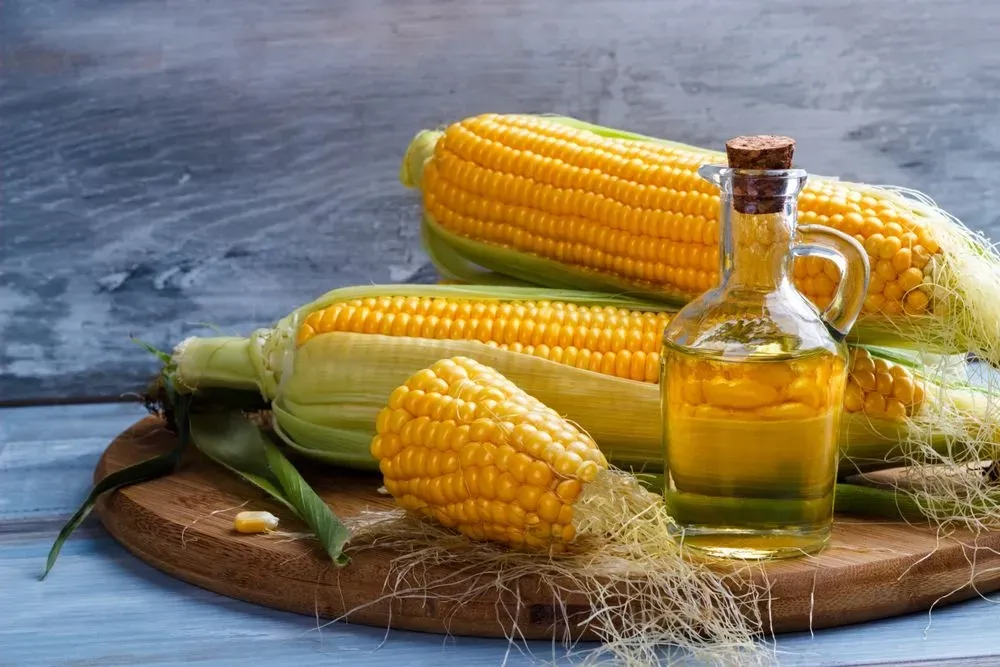
Oils such as corn, soybean, and safflower oils (which contain omega-6 fatty acids), as well as oils that contain omega-3 fatty acids (such as olive oil). All of these can help lower LDL (low-density lipoprotein) cholesterol when used in place of saturated fats such as butter.
Fruits and vegetables
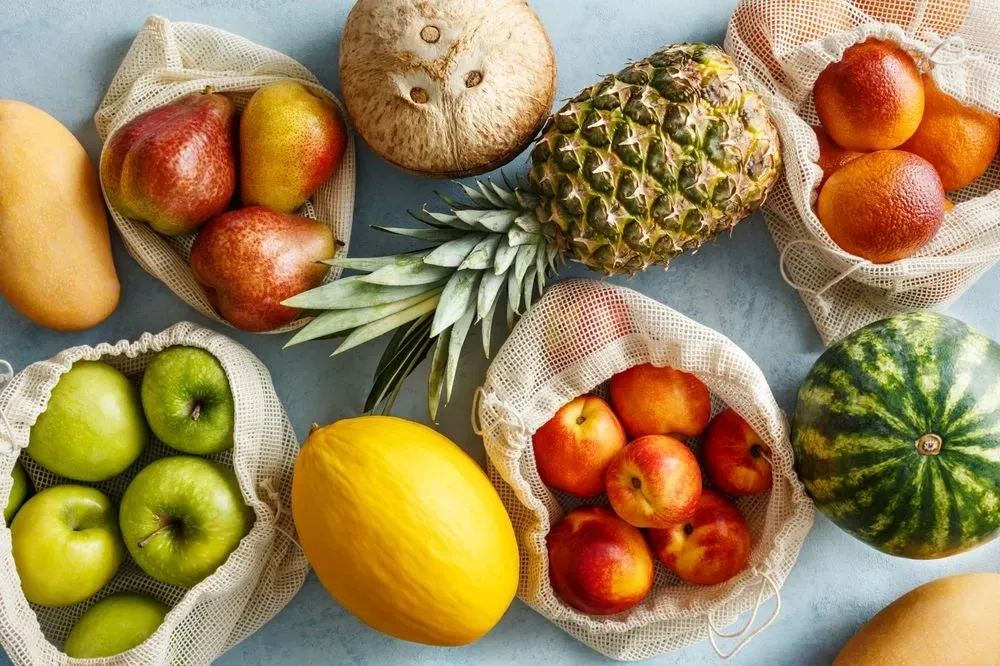
And it is the fiber, potassium, and other micronutrients (e.g., antioxidants) in fruits and vegetables that provide protection against heart disease. They are also an important source of folic acid, which helps reduce blood levels of the amino acid homocysteine, which is likely associated with an increased risk of cardiovascular disease.
Why do raw products become more expensive - the NBU's answer05.02.2024, 13:55 • 25645 views
Whole grain products
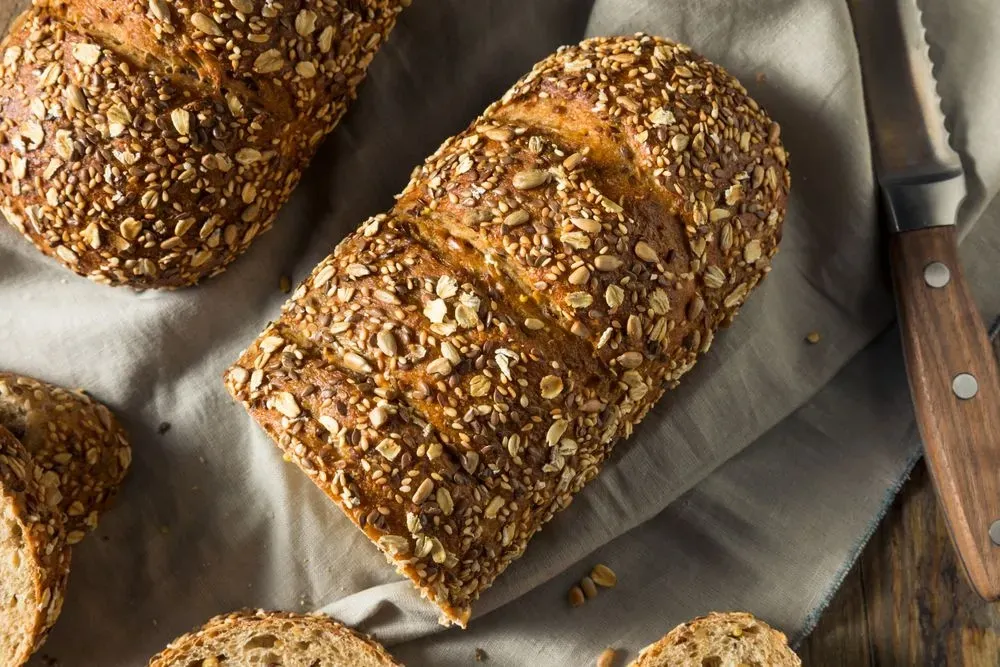
A diet high in fiber from whole grain cereals is associated with lower LDL cholesterol levels and heart disease risk. Foods high in soluble fiber (such as oats, legumes, and barley) are excellent for lowering total cholesterol levels.
Sources of unrefined carbohydrates with low glycemic load
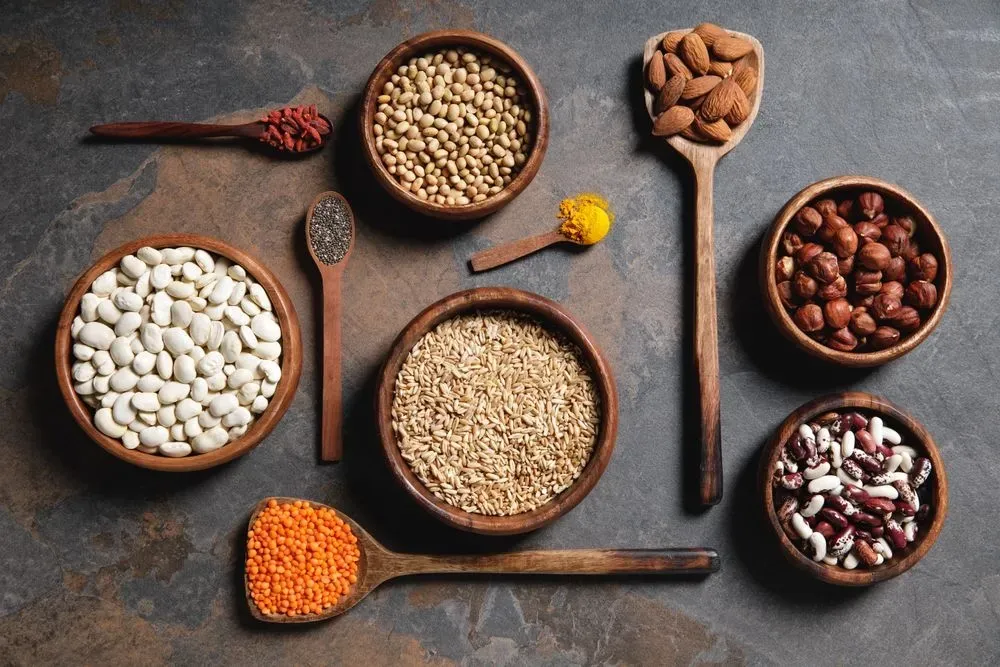
Such as whole-grain breads and cereals, legumes, some types of rice and pasta, and most fruits and vegetables also help lower triglycerides and blood glucose (sugar) levels, help control diabetes, and reduce the risk of heart disease. Legumes, nuts and seeds are good sources of plant proteins, fiber, healthy fats and micronutrients that help reduce the risk of cardiovascular disease.
Tea

Some studies suggest that the antioxidants in tea may help prevent the buildup of fatty deposits in the arteries. They may also act as an anti-clotting agent and improve the dilation of blood vessels, allowing for increased blood flow.
Products containing vitamin E
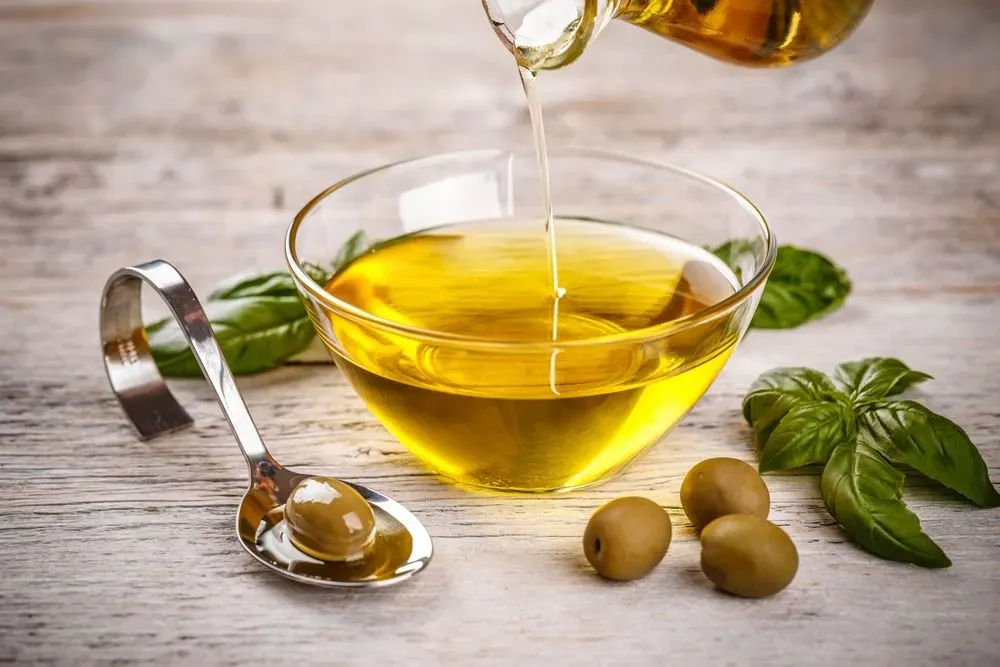
Some studies show that vitamin E acts as an antioxidant, helping to protect against LDL cholesterol. Sources of vitamin E include avocados, dark green vegetables, vegetable oils, and whole grain products.
Garlic
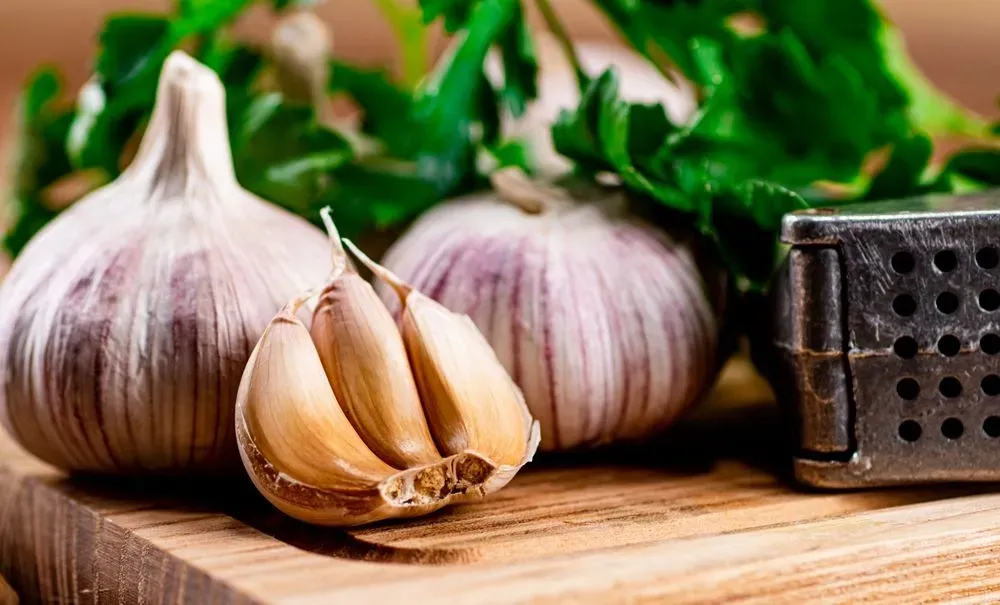
A compound in fresh garlic called allicin has been found to lower total and LDL cholesterol levels in the blood, thereby reducing the risk of heart disease.
Products enriched with plant sterols
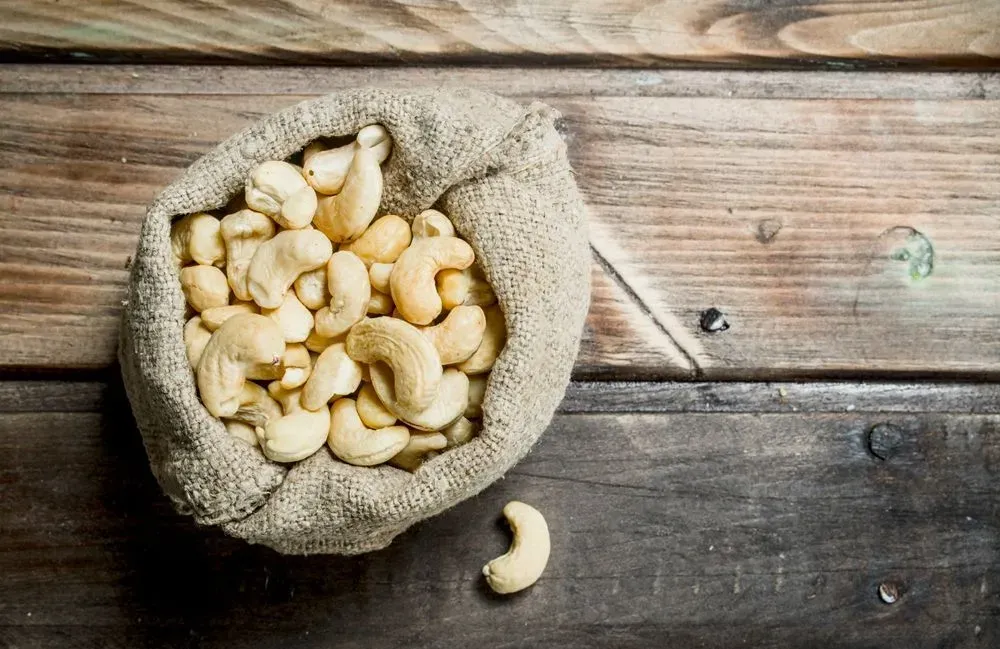
Daily consumption of 2-3 g of phytosterols/stanols reduces LDL cholesterol levels by about 10% in healthy people, as well as in people with high cholesterol or diabetes. This corresponds to 2-3 servings of phytosterol-enriched foods. Phytosterols are found, for example, in rice bran, almonds, cashews, and pineapples.